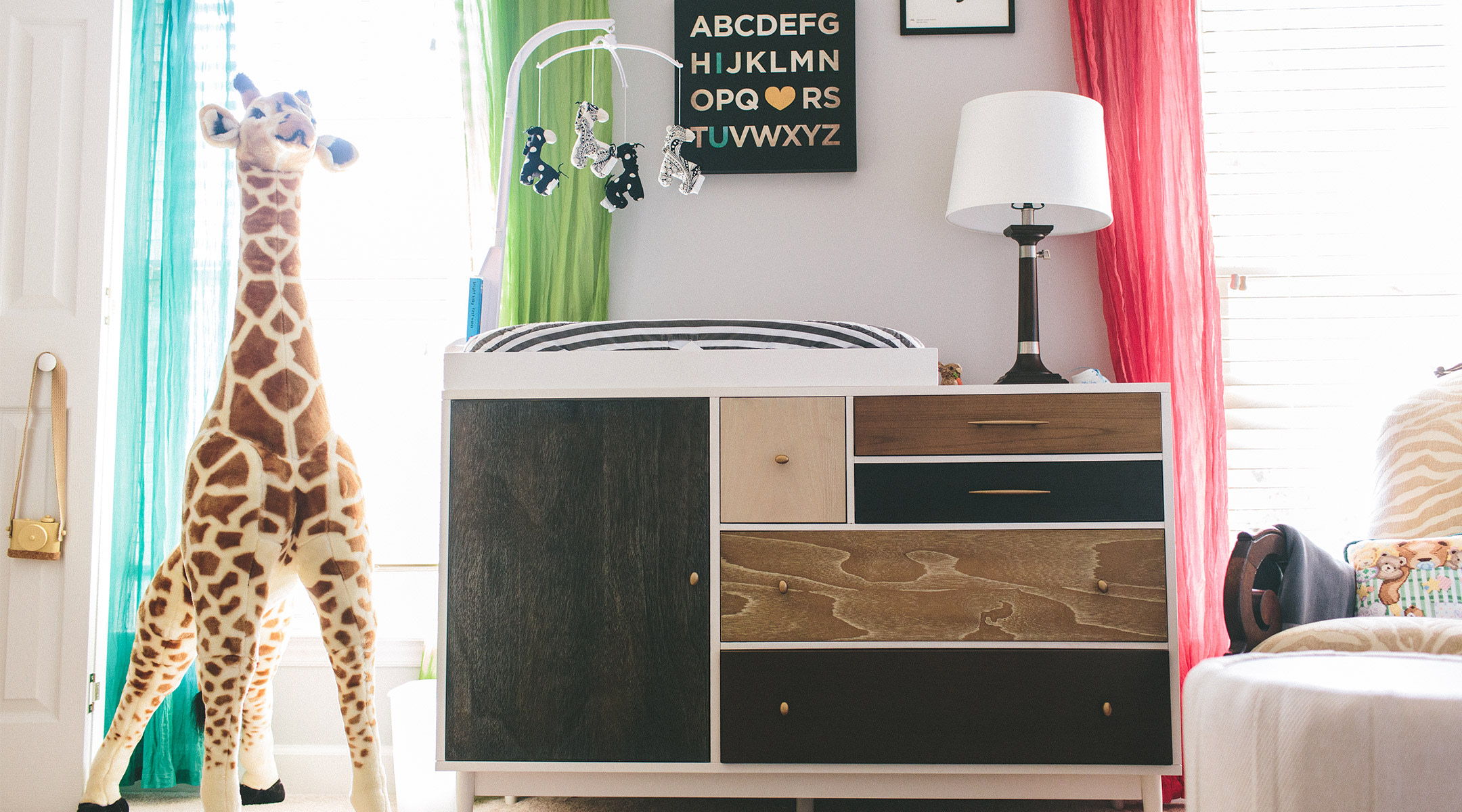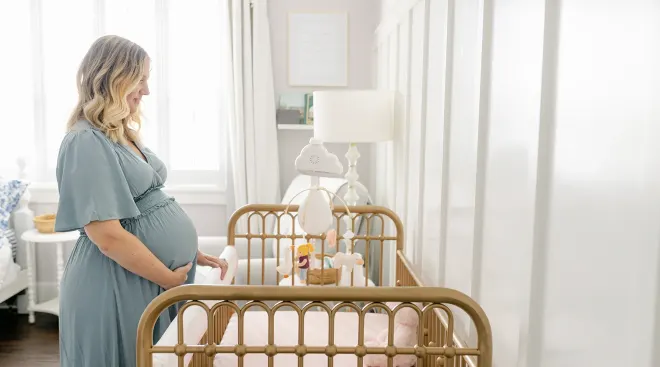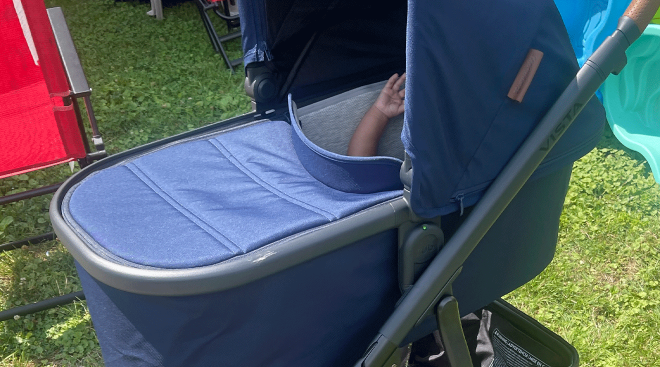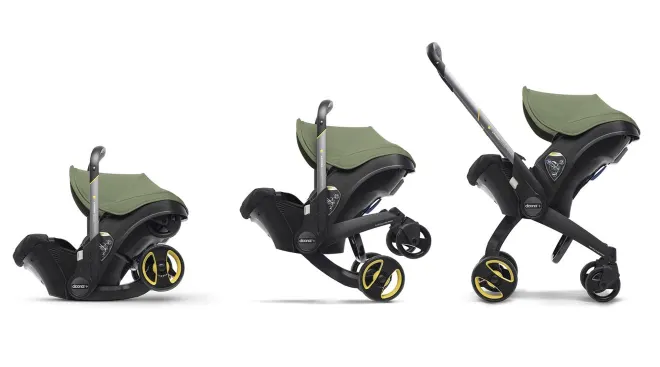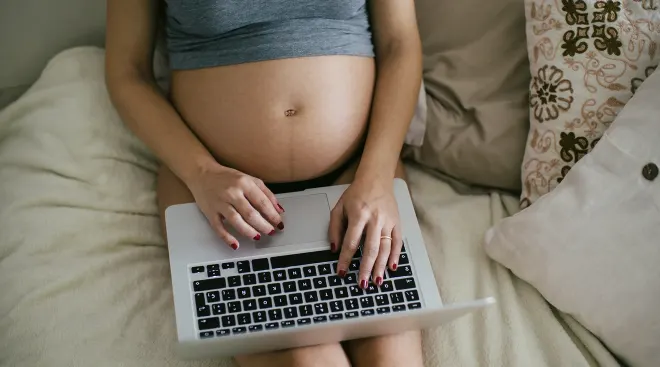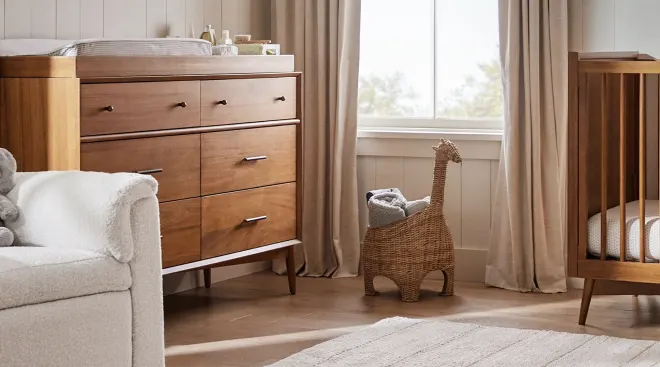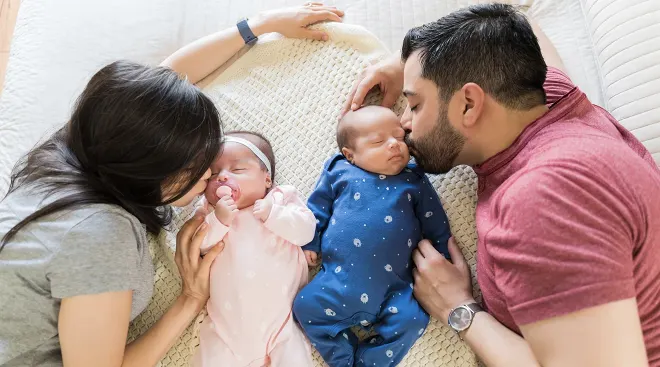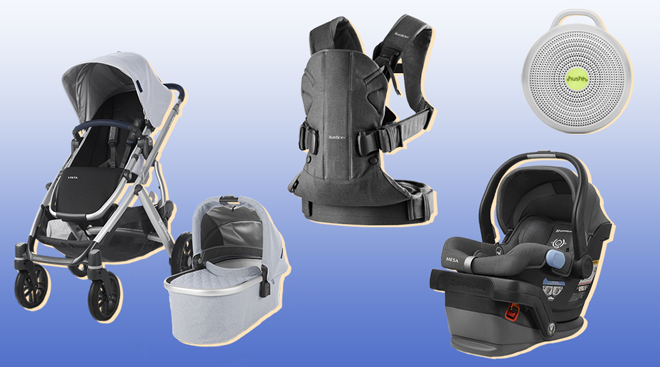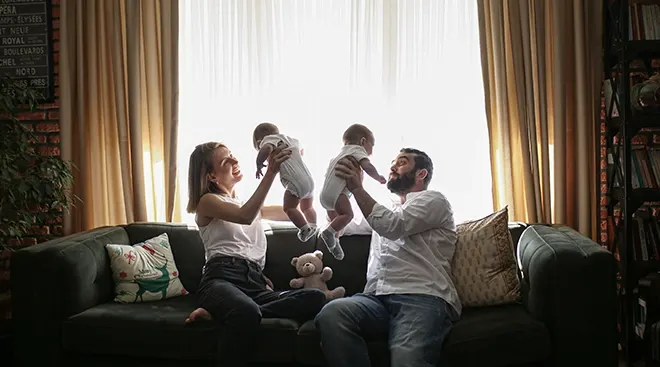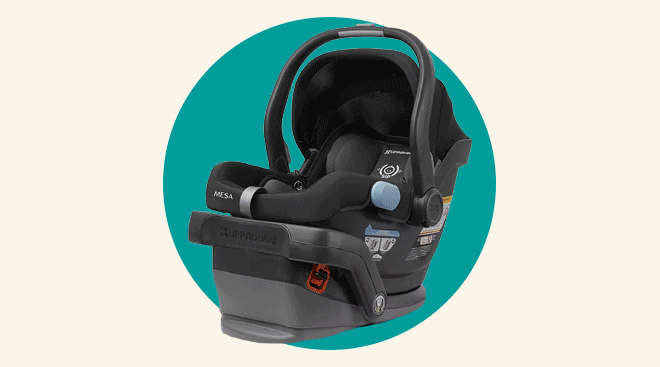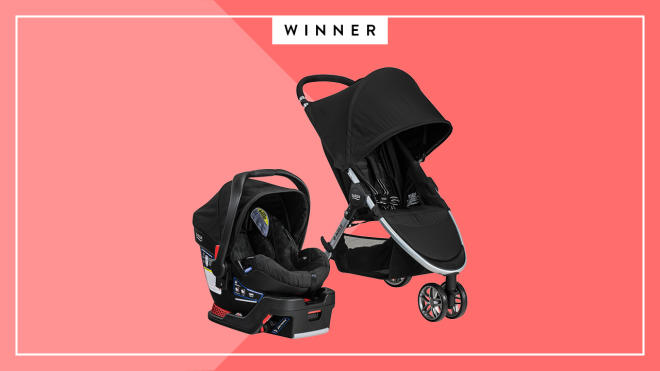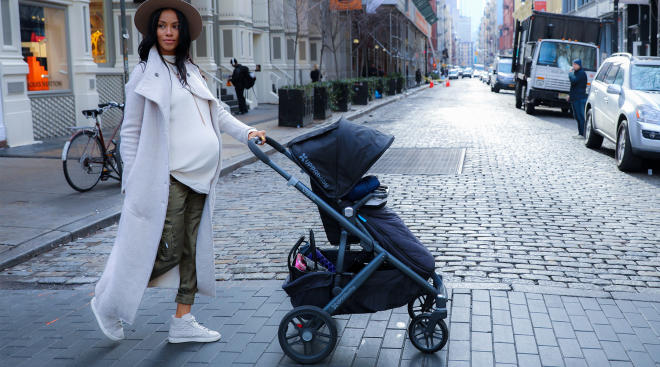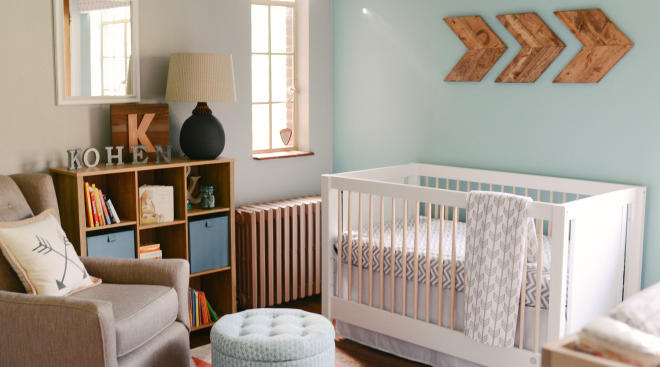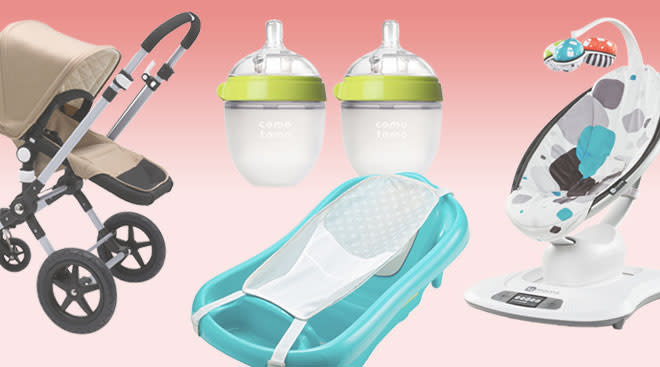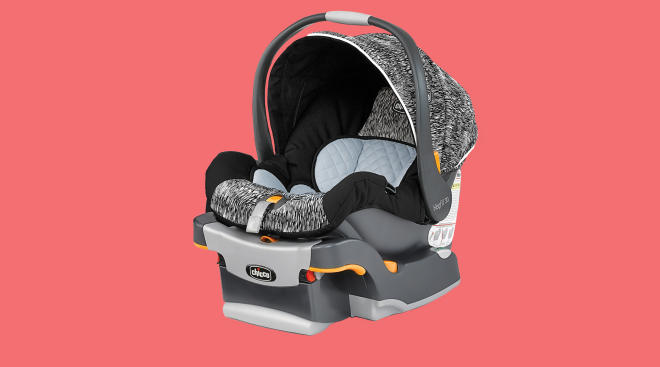The Top Baby Items Pediatricians Don’t Want on Your Registry
Creating a baby registry can be an overwhelming experience for first-time parents. With so many items out there, it’s hard to know what you really need for baby, and it seems like everyone has an opinion on which are the must-have essentials. But not all baby gear is created equal. In fact, from a doctor’s perspective, there are a few things you definitely don’t want to get. Here, we take a look at seven items to leave off your baby registry.
Preparing a safe place for baby to sleep an absolute top priority. According to the American Academy of Pediatrics (AAP), approximately 3,500 babies die every year in the US because of unsafe sleep environments. The AAP recommends that babies sleep on their back on a firm sleep surface that’s free of any objects. Sleep positioners, wedges and other specialized sleep surfaces, such as baby nests, could pose a danger and don’t reduce the risk of SIDS.
First-time parents are of course anxious to make sure baby is okay, especially while they sleep. But monitors that track an infant’s heart rate and breathing aren’t needed for healthy babies and haven’t been shown to reduce the risk of SIDS.
Crib bumpers—even the mesh kind—as well as pillows, blankets and stuffed animals should never be placed in baby’s crib, since they pose a suffocation hazard. In fact, crib bumpers and inclined sleepers were banned by the Safe Sleep Act, passed in May 2022.
We don’t recommend using some of the automatic formula-making machines, similar to a Keurig coffee maker, that prepare bottles from powdered formula. There are many reports of these machines incorrectly mixing formula, making the bottle too dilute or too concentrated. And incorrect concentration can cause a baby to not gain weight properly or have electrolyte imbalances and possible seizures. If you do decide to buy one of these machines, read lots of product reviews!
It’s pretty exciting to see baby take her first step—but devices like walkers can unfortunately delay when a baby begins to walk, and the AAP has called for their ban. They’re dangerous: In a walker, babies can accidentally roll down the stairs or, since babies are seated higher in a walker, grab things that are normally out of reach, such as a hot pan on the stove or a hot drink on the table.
While there’s of course a wide range, many babies start to teeth around 4 to 6 months, and parents are eager to provide comfort for their babies in pain. But according to the AAP, amber teething necklaces aren’t effective and their claims aren’t backed by any scientific data. They do, however, pose a strangulation and choking hazard and aren’t worth the risk.
The US Food and Drug Administration has warned parents about the serious safety risks of using teething gels with benzocaine for teething pain, such as Anbesol, Baby Oragel and Topex.
Plus, more from The Bump:
Meet Dina DiMaggio, MD, and Anthony F. Porto, MD, MPH, official spokespeople for the American Academy of Pediatrics and the co-authors of The Pediatrician’s Guide to Feeding Babies and Toddlers. They write about the latest AAP guidelines, studies and seasonal issues affecting babies and toddlers. Follow them on Instagram @pediatriciansguide.
Learn how we ensure the accuracy of our content through our editorial and medical review process.
Navigate forward to interact with the calendar and select a date. Press the question mark key to get the keyboard shortcuts for changing dates.
































